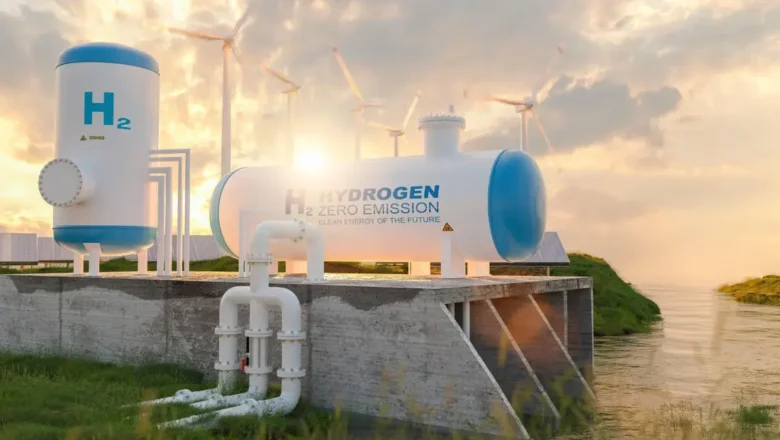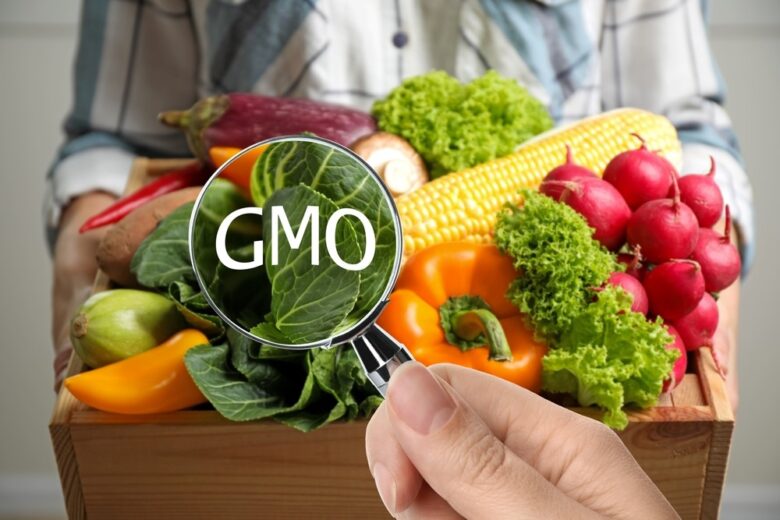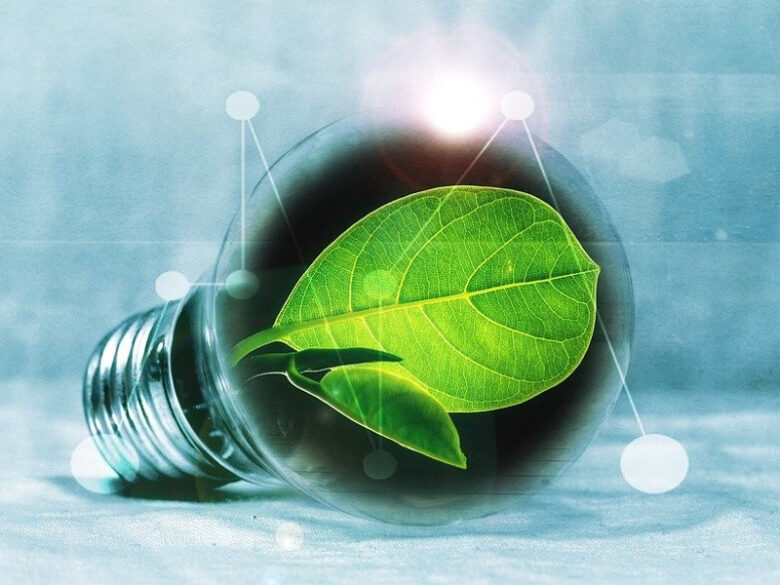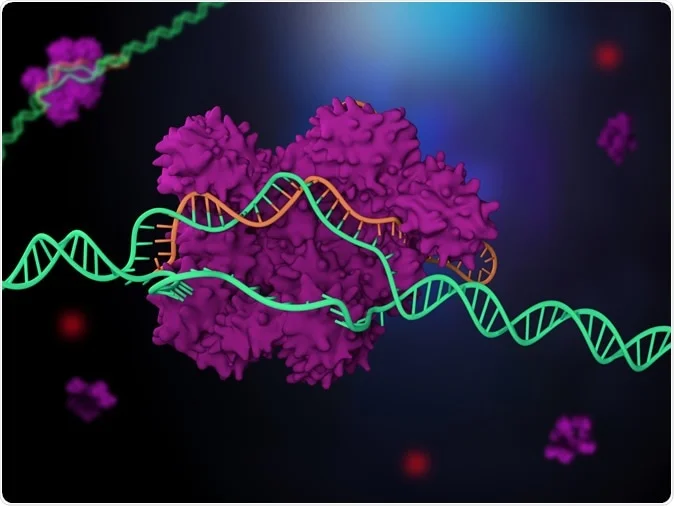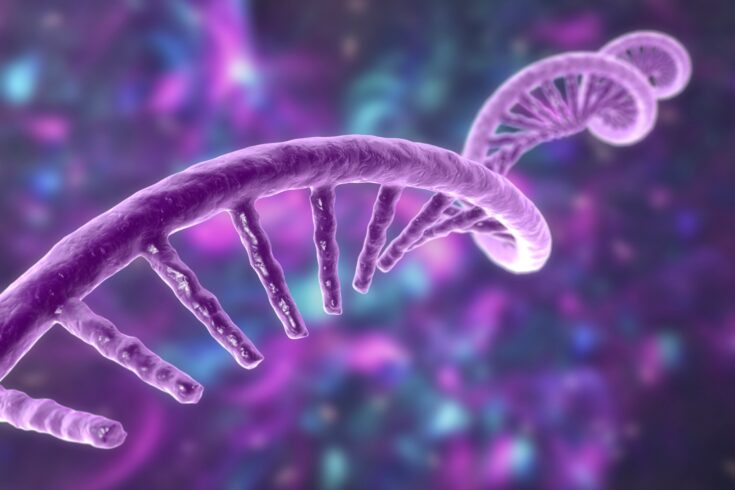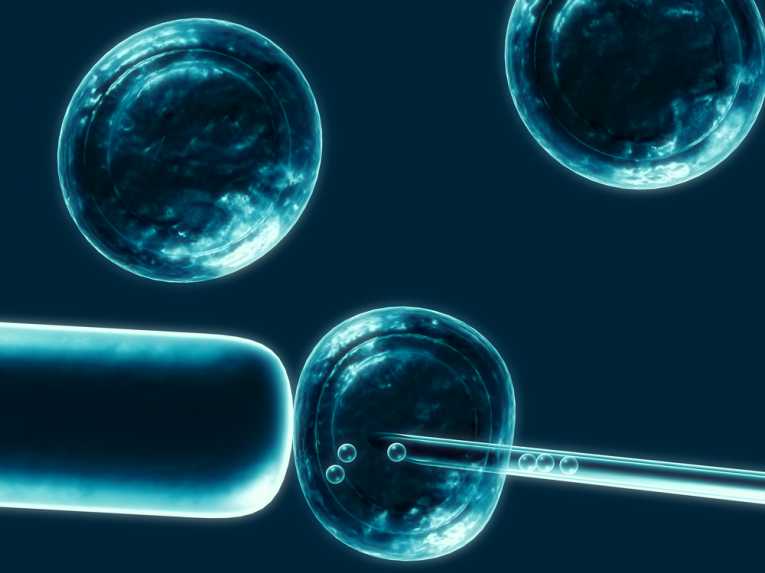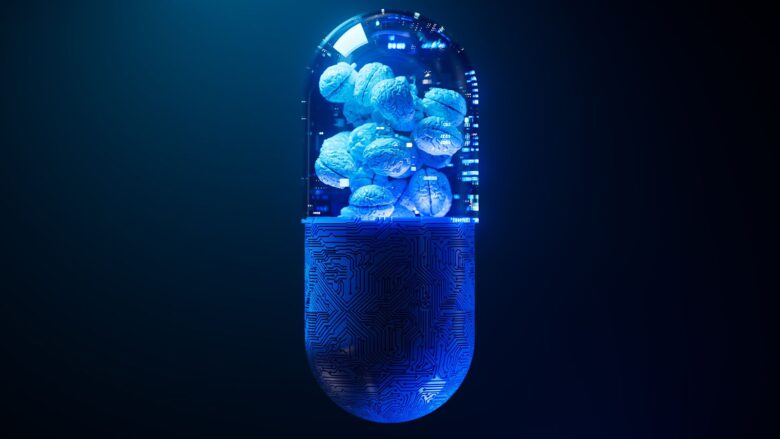Ageing in place means that seniors can continue to live in their homes, rather than moving to a nursing home or assisted living facility. It is based on respect, freedom, and familiarity. However, there are challenges to this process, including how to manage caregiving, ensure people’s safety, and combat loneliness. The advent of artificial intelligence …
Month: June 2025
Clean energy has become a priority for the 21st century as governments and industry work to develop alternatives to fossil fuels. Hydrogen has become the primary sustainable, renewable energy source due to its abundance, versatility, and low environmental impact. What makes hydrogen unique? Why is everyone hailing hydrogen as the next big player in clean …
Genetically modified organisms (GMOs) have long been touted as a solution to agricultural, food security, and sustainability challenges. However, GMOs themselves are controversial. As 2025 approaches, biotechnology, legislation, and public awareness will continue to shape the GMO debate. This article outlines the benefits, dangers, and key issues facing the future of GMOs. What are GMOs? …
The convenience and simplicity of online banking have revolutionized the way we manage our finances. From account management to payments and money transfers, digital banking has removed the limitations of physical bank access. But with this convenience comes security concerns. Cybercriminals are constantly investigating how to exploit vulnerabilities and steal private banking information. The key …
Clean technologies, also known as cleantech, are rapidly developing to address some of the world’s most pressing environmental issues. Central to these developments are reducing pollution, conserving resources, and developing sustainable solutions for many other areas. From waste management to transportation and energy production, new clean technologies are transforming the future into a greener one. …
Clustered Regularly Interspaced Short Palindromic Repeats (CRISPR) is changing science in ways once thought of as science fiction. Gene editing technology is becoming an everyday application, no longer limited to elite academics in lab coats. CRISPR, the DNA scalpel, could cure life-threatening diseases and transform agriculture. The ease and precision of CRISPR allow scientists to …
Cancer is a fear that many people carry with them, and rightly so. This complex and often unpredictable disease affects millions of people worldwide. Modern biotechnology, however, offers hope, thanks to an intriguing frontier: personalized cancer therapy. Instead of using standard medications, we can now tailor treatments to an individual’s specific genetic profile. This approach …
The healthcare industry is undergoing a major transformation thanks to the rise of mRNA technology. Once considered a niche area of research, mRNA vaccines are now a vital part of the fight against the COVID-19 pandemic. But this is just the beginning. Scientists believe that mRNA could change the way we treat cancer, infectious diseases, …
Imagine a world where damaged areas can heal themselves, chronic diseases can be cured, and wounds heal without scarring. That’s the incredible promise of stem cell biotechnology, an emerging field that is changing the current medical paradigm. Stem cells are the only cells that can differentiate into other cell types. This means they have unparalleled …
Imagine a world where powerful algorithms analyze billions of biological data points to identify life-saving drugs in months instead of years, allowing scientists to predict how drugs will work before they’re synthesized. That’s the revolutionary potential of bioinformatics, a modern discipline that combines computer science and biology. Bioinformatics is transforming drug discovery by decoding DNA, …


